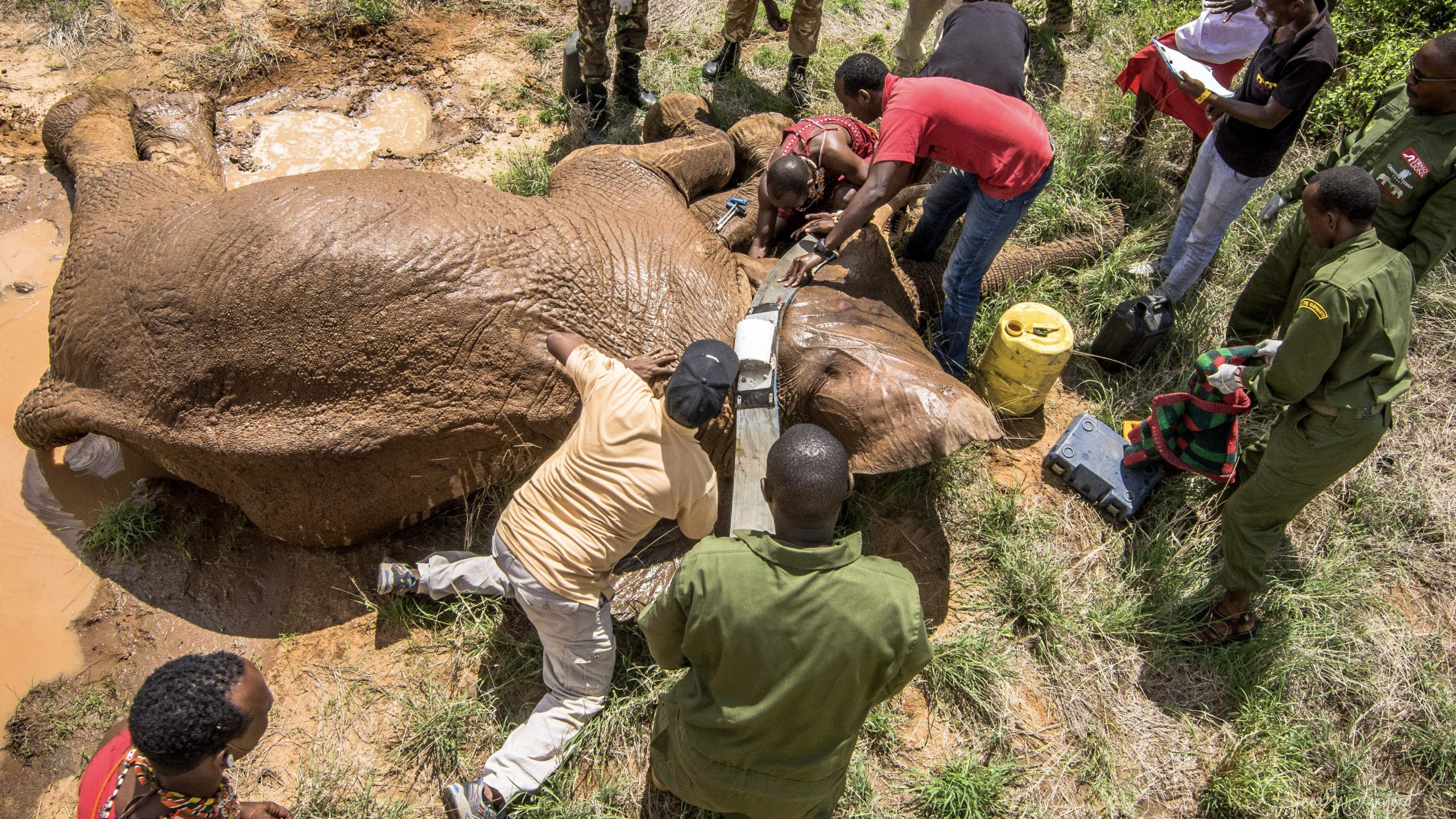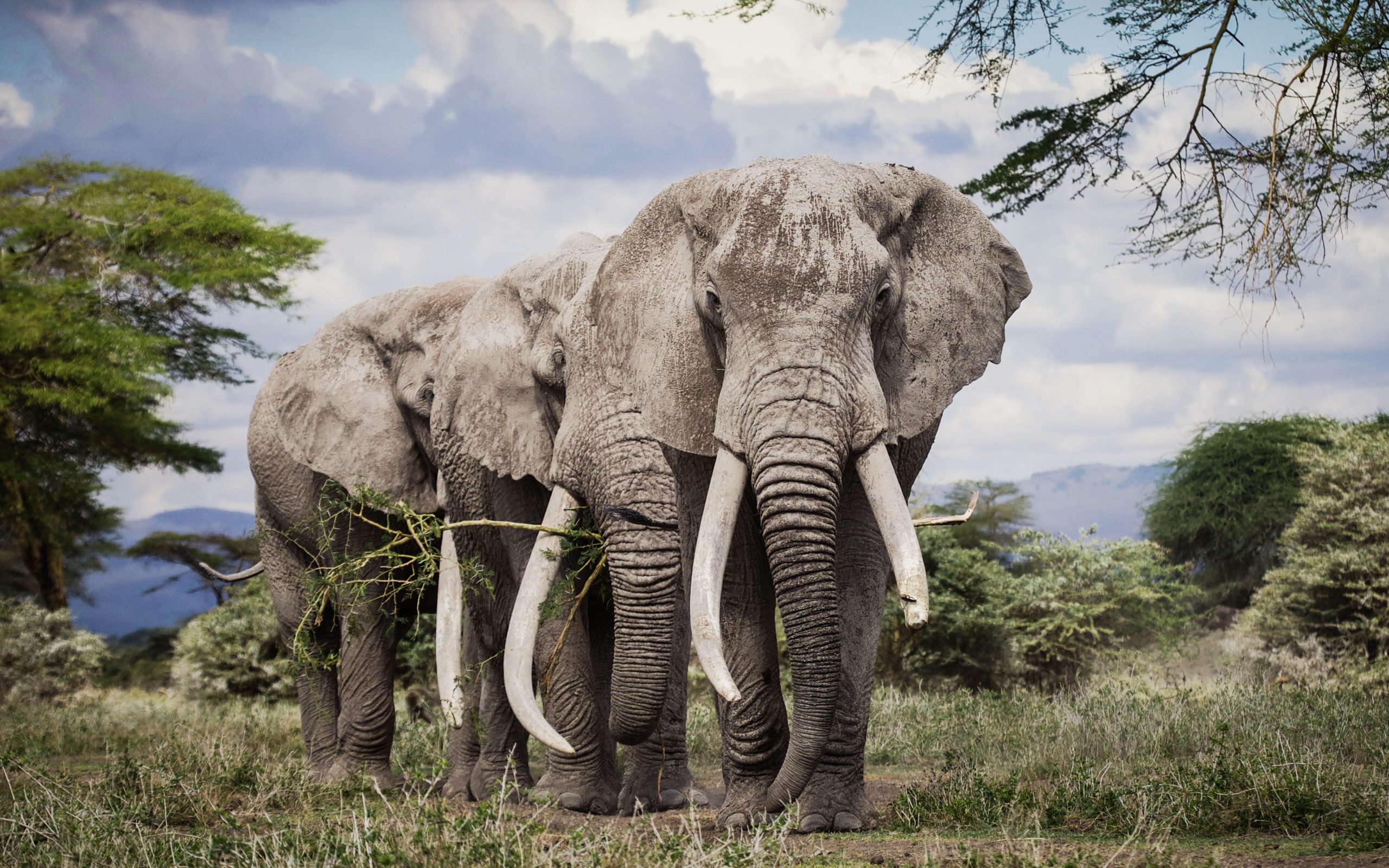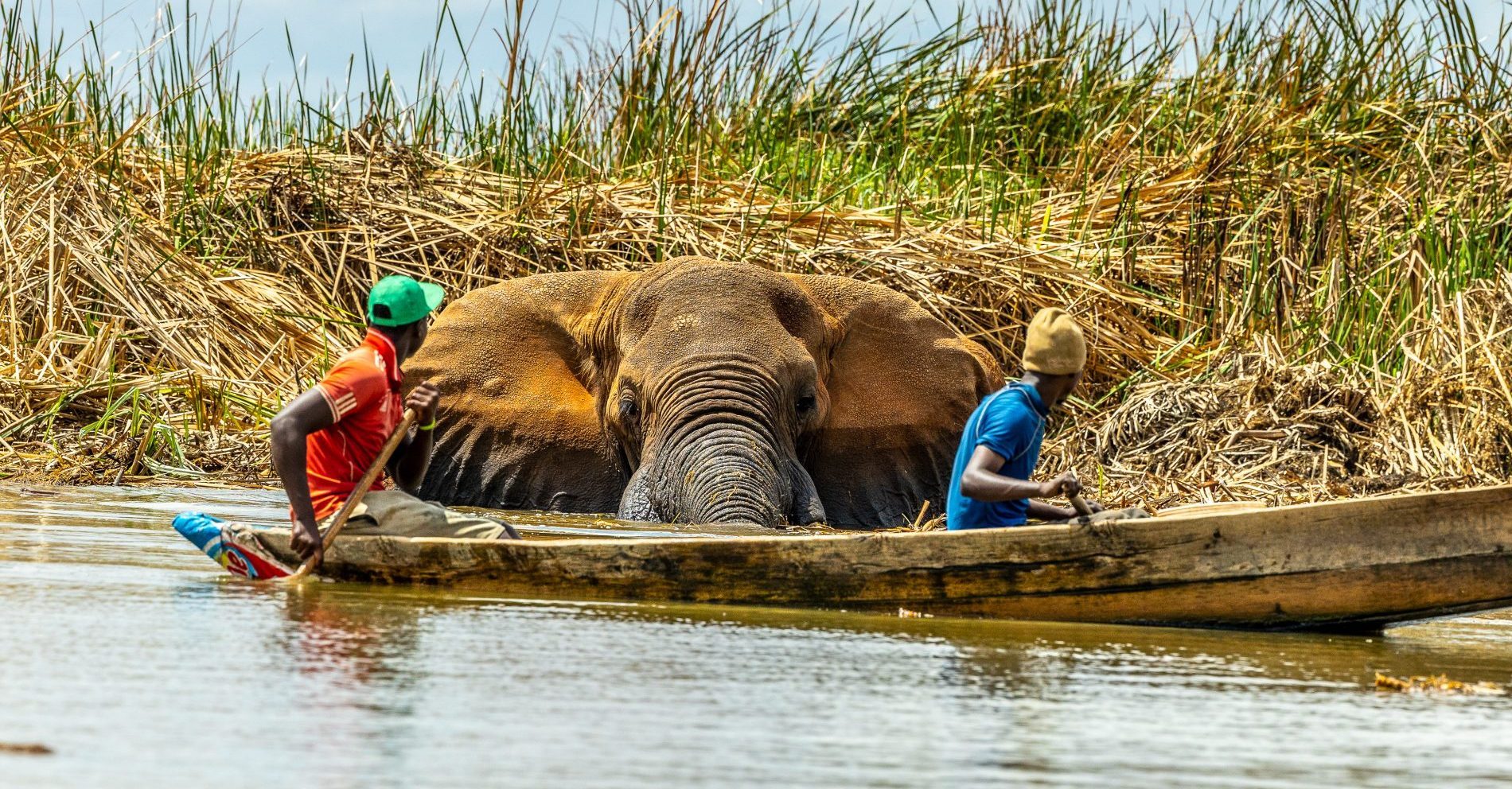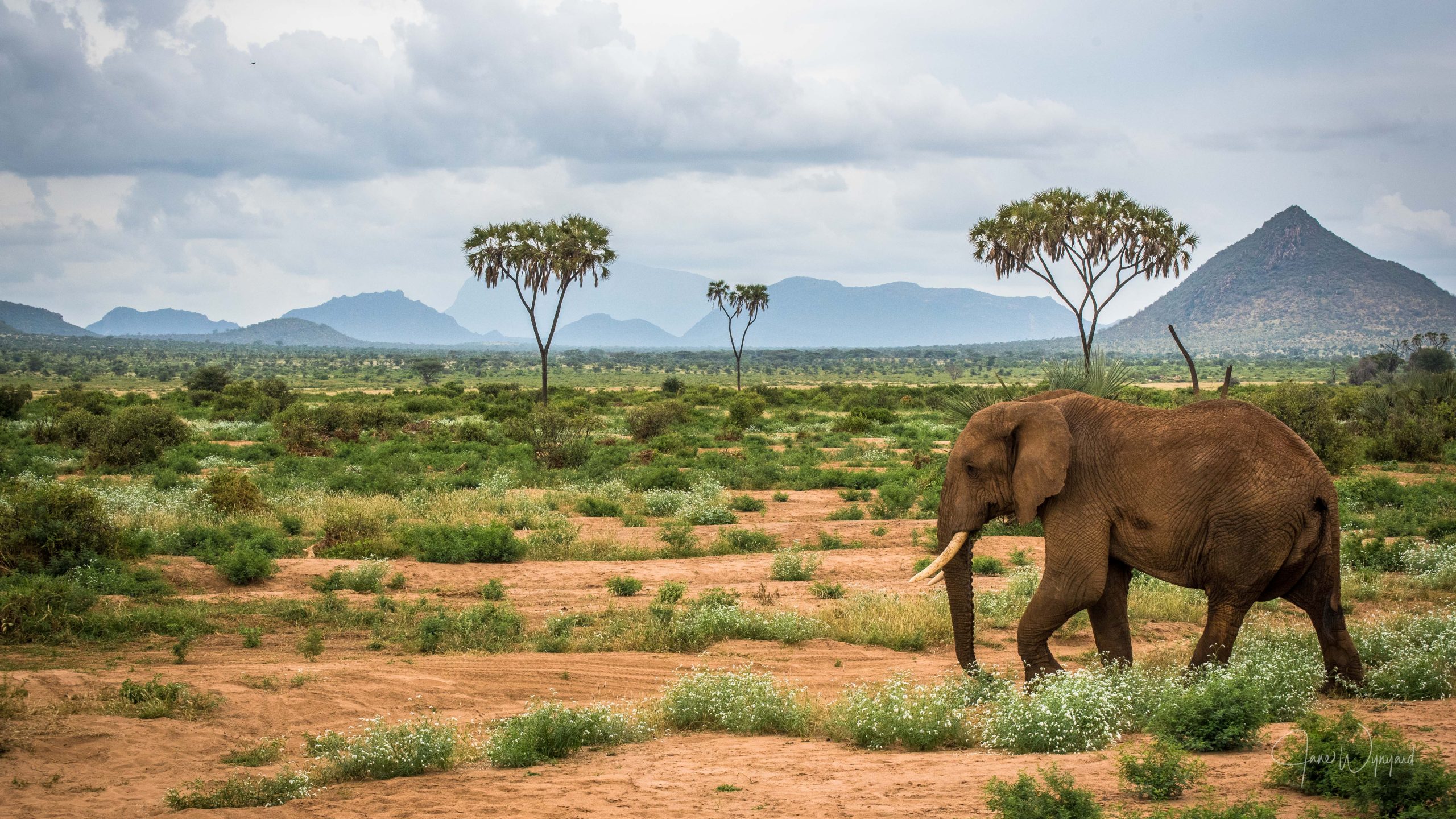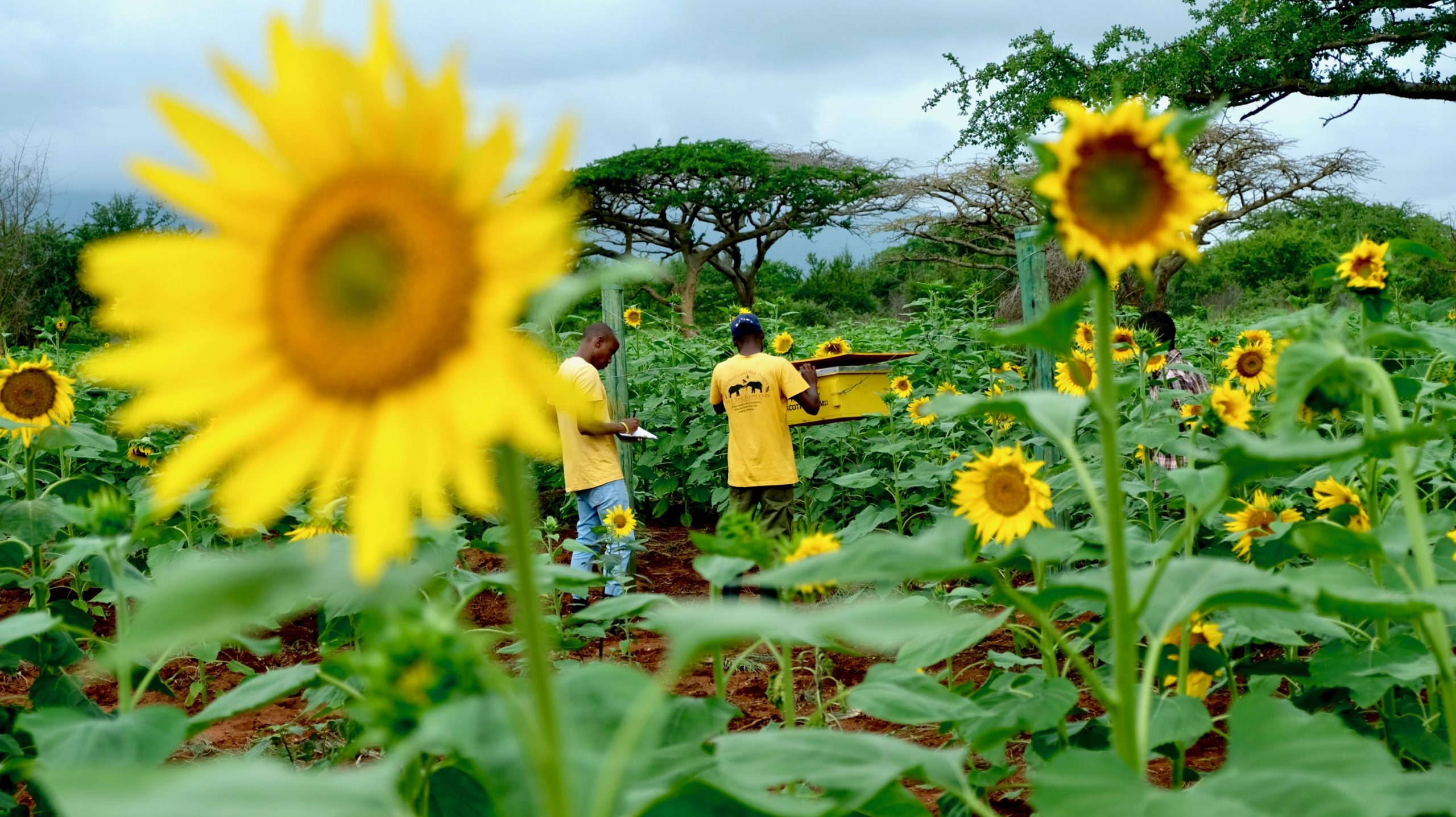Save the Elephants works to secure a future for elephants. Specialising in elephant research, they provide scientific insights into elephant behaviour, intelligence, and long-distance movements and apply them to the challenges of elephant survival and harmonious coexistence with humanity.
High-tech tracking helps plan landscapes while low-tech beehive fences, among other tools, provide people and communities living with elephants with protection as well as income. Education and outreach programmes share these insights with local communities as the true custodians of this rich heritage.
Save the Elephants runs the Elephant Crisis Fund in partnership with the Wildlife Conservation Network, providing flexible and responsive support to NGOs combatting the ivory trade, promoting human-elephant coexistence, and protecting elephant landscapes.

© Paula Kahumbu


